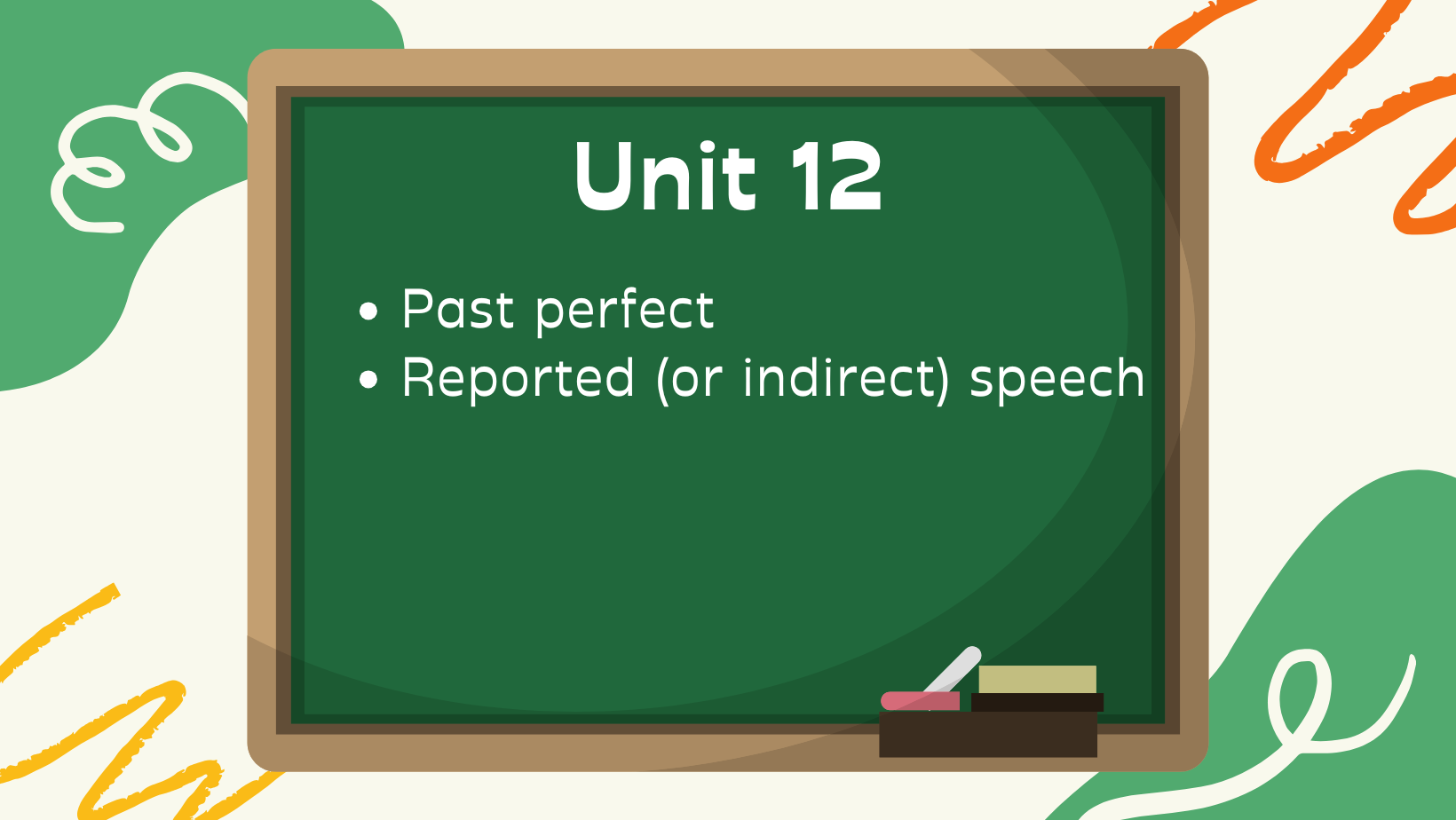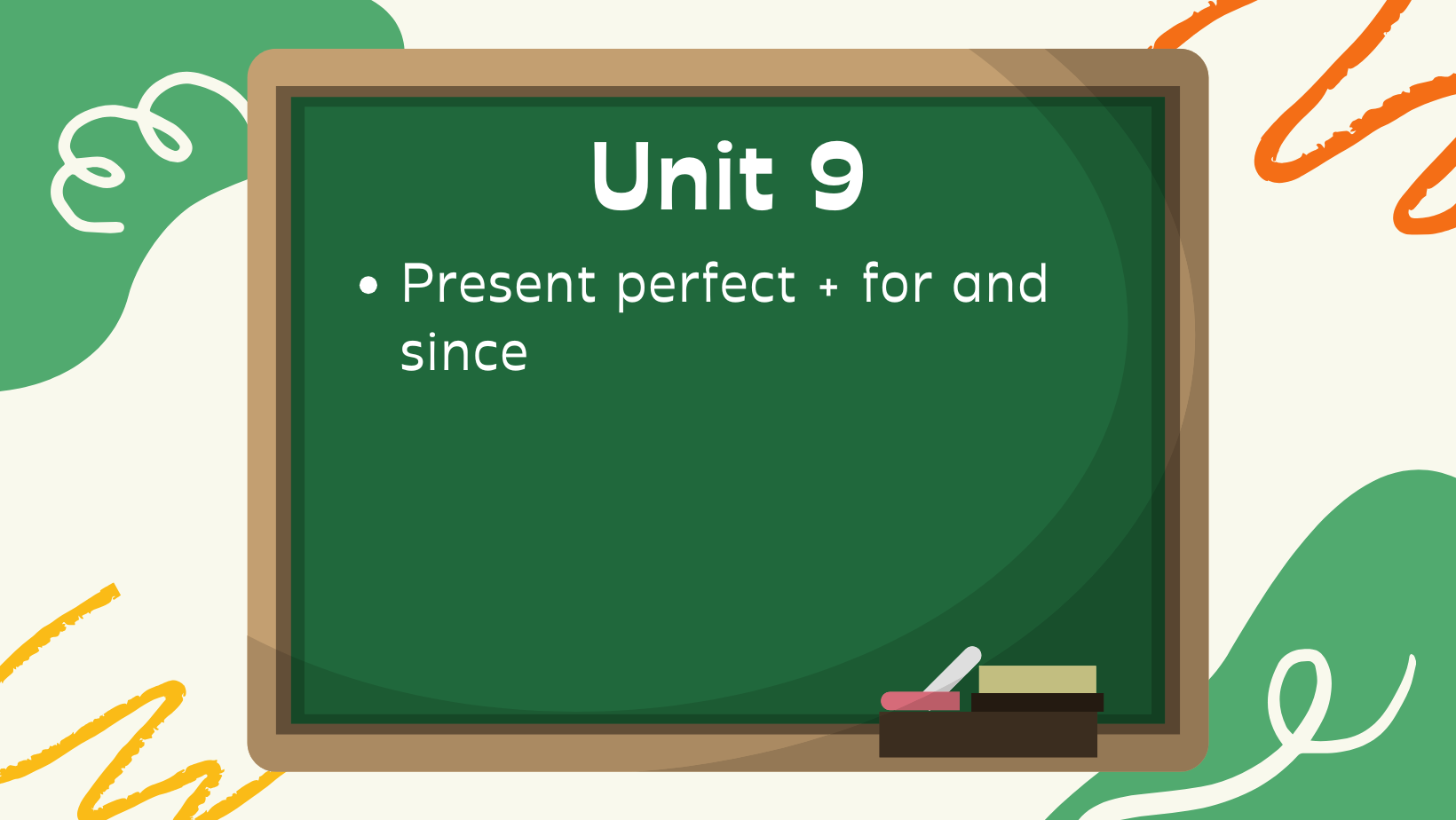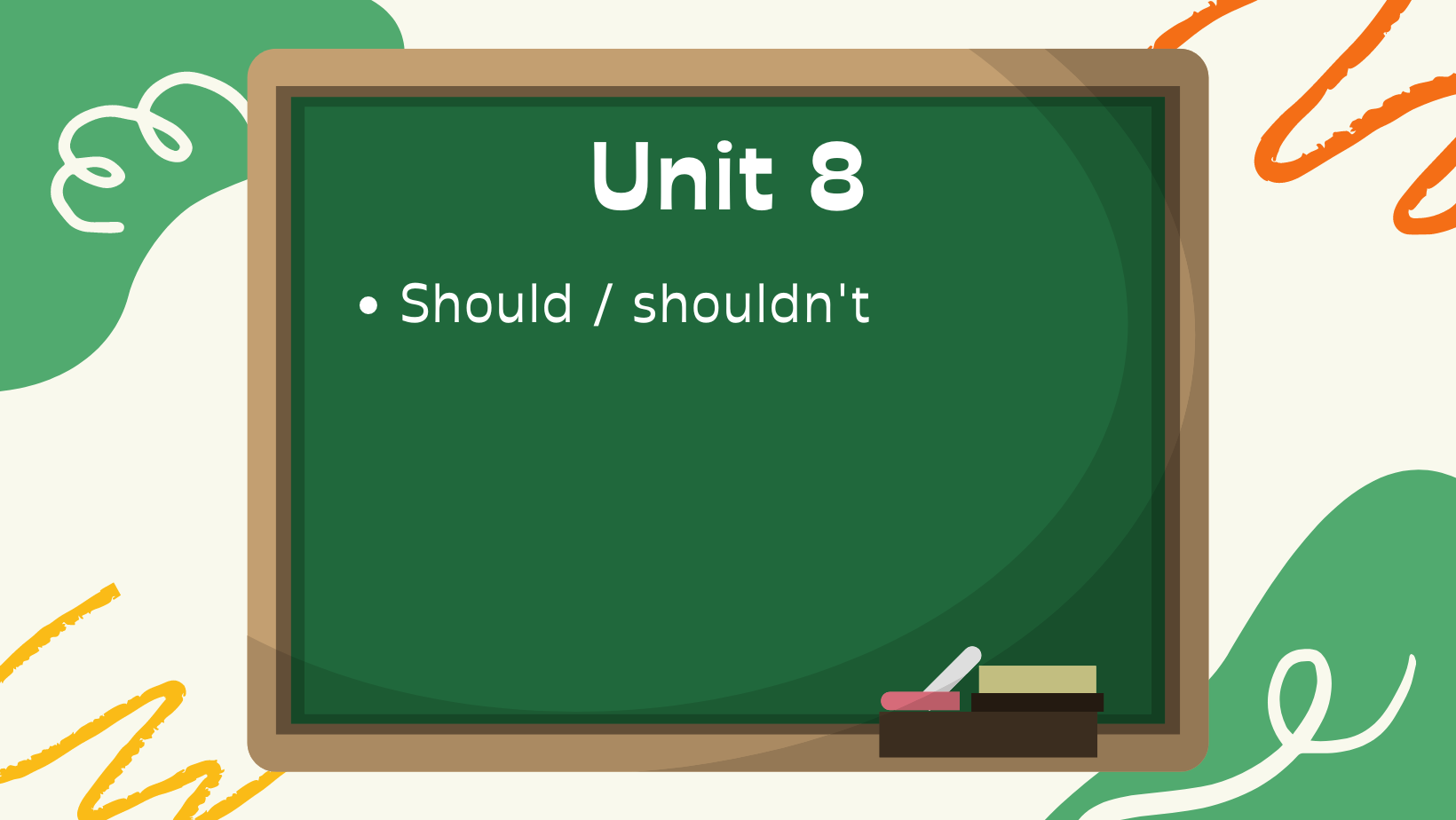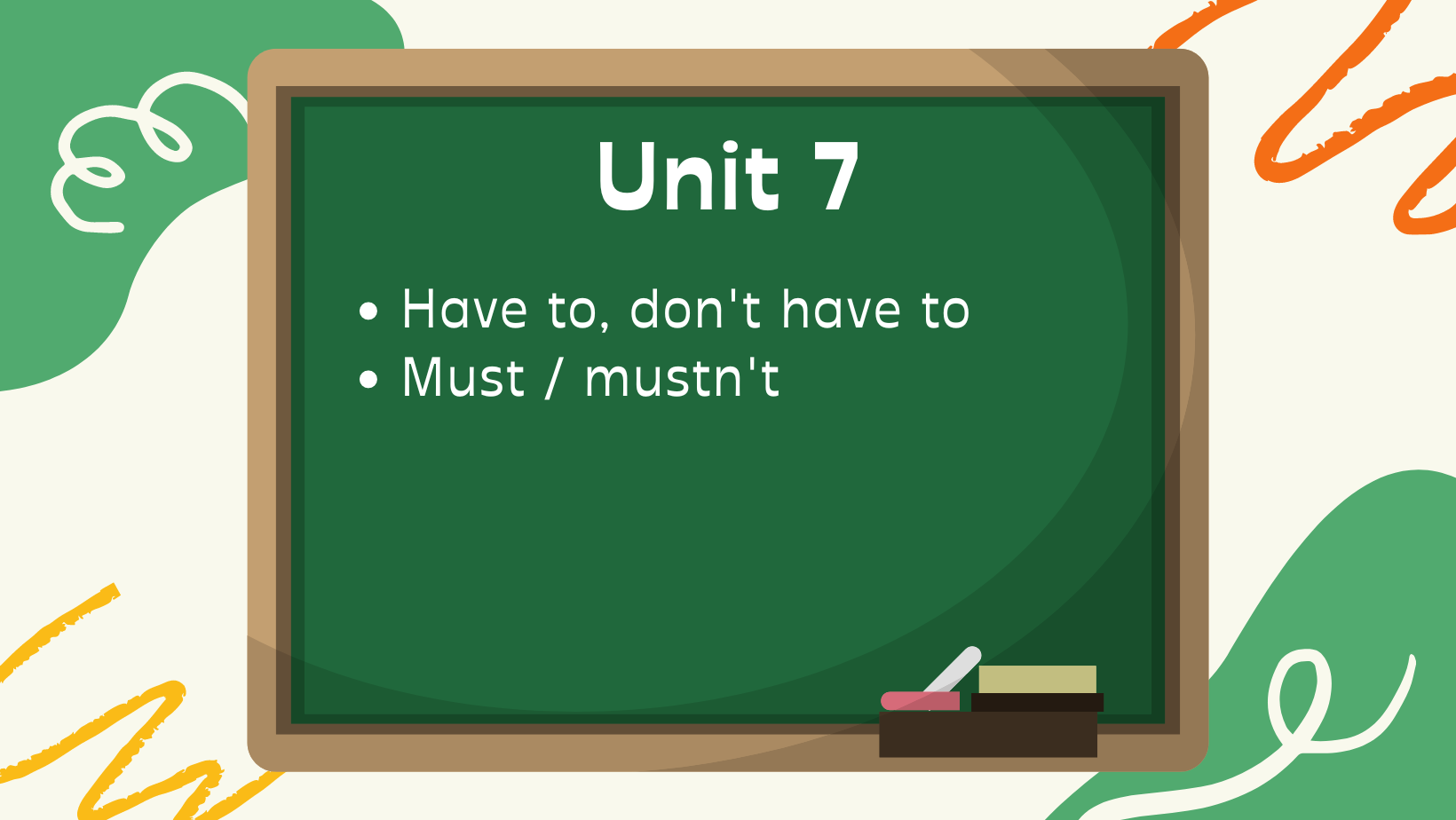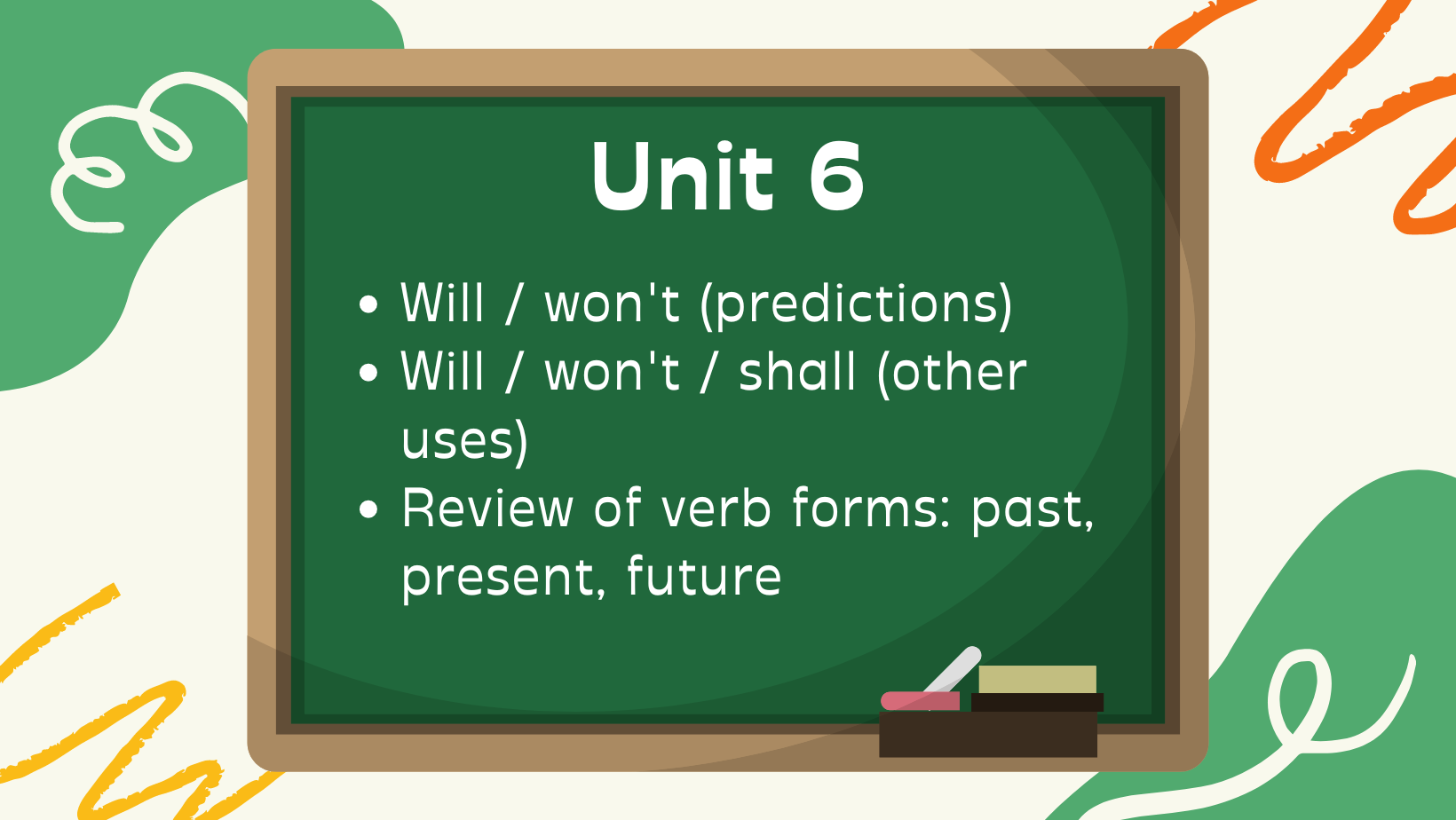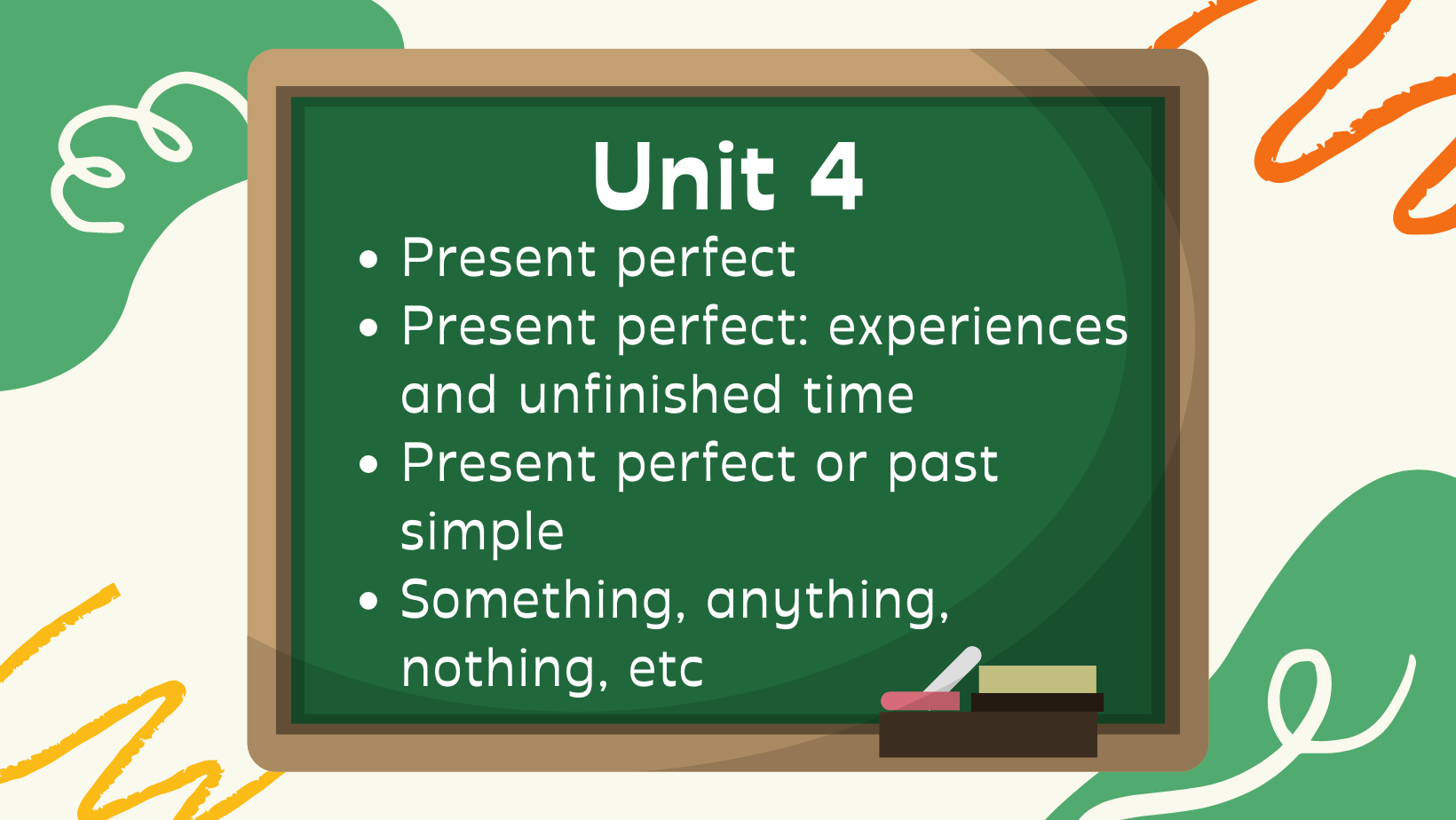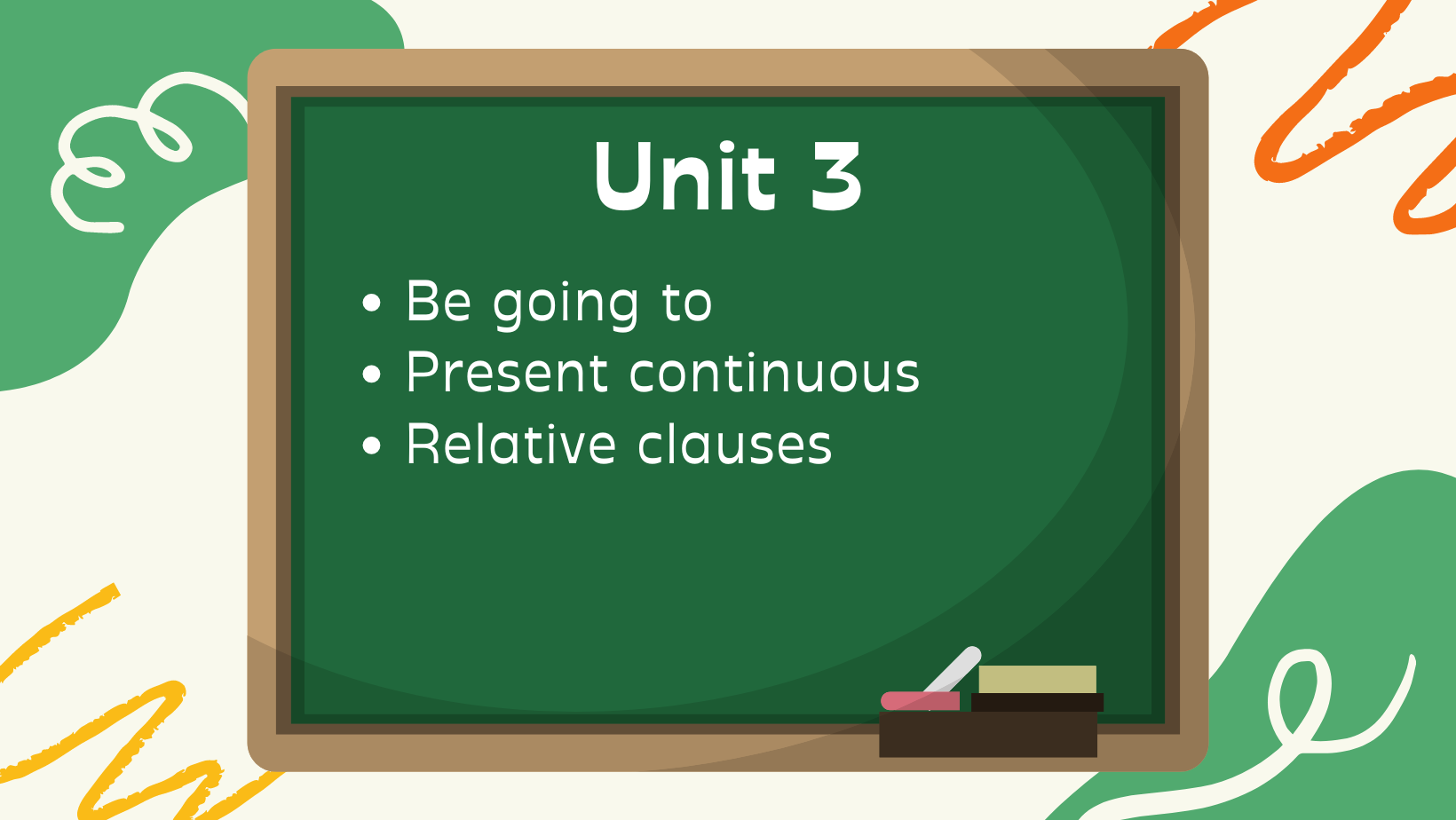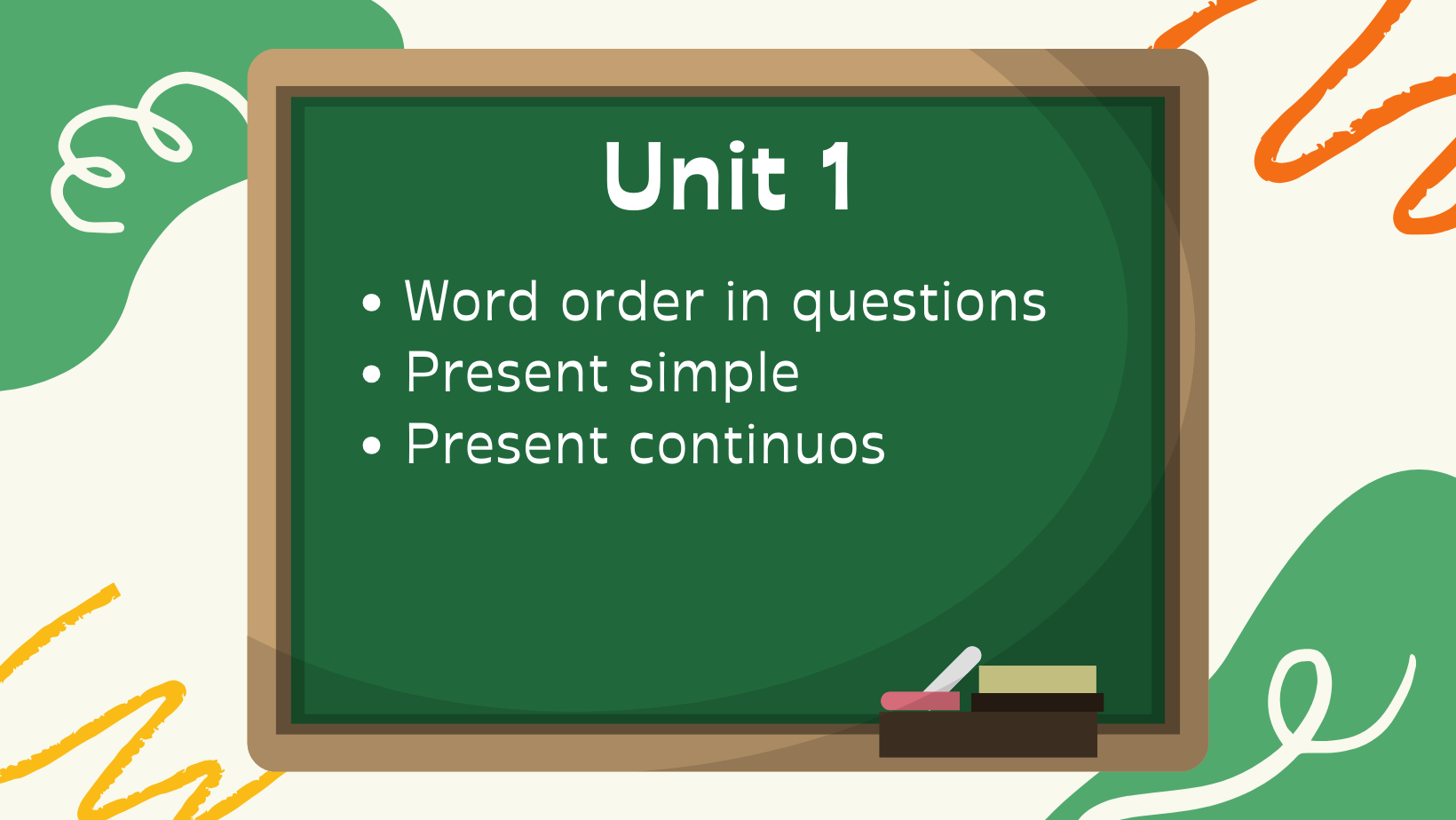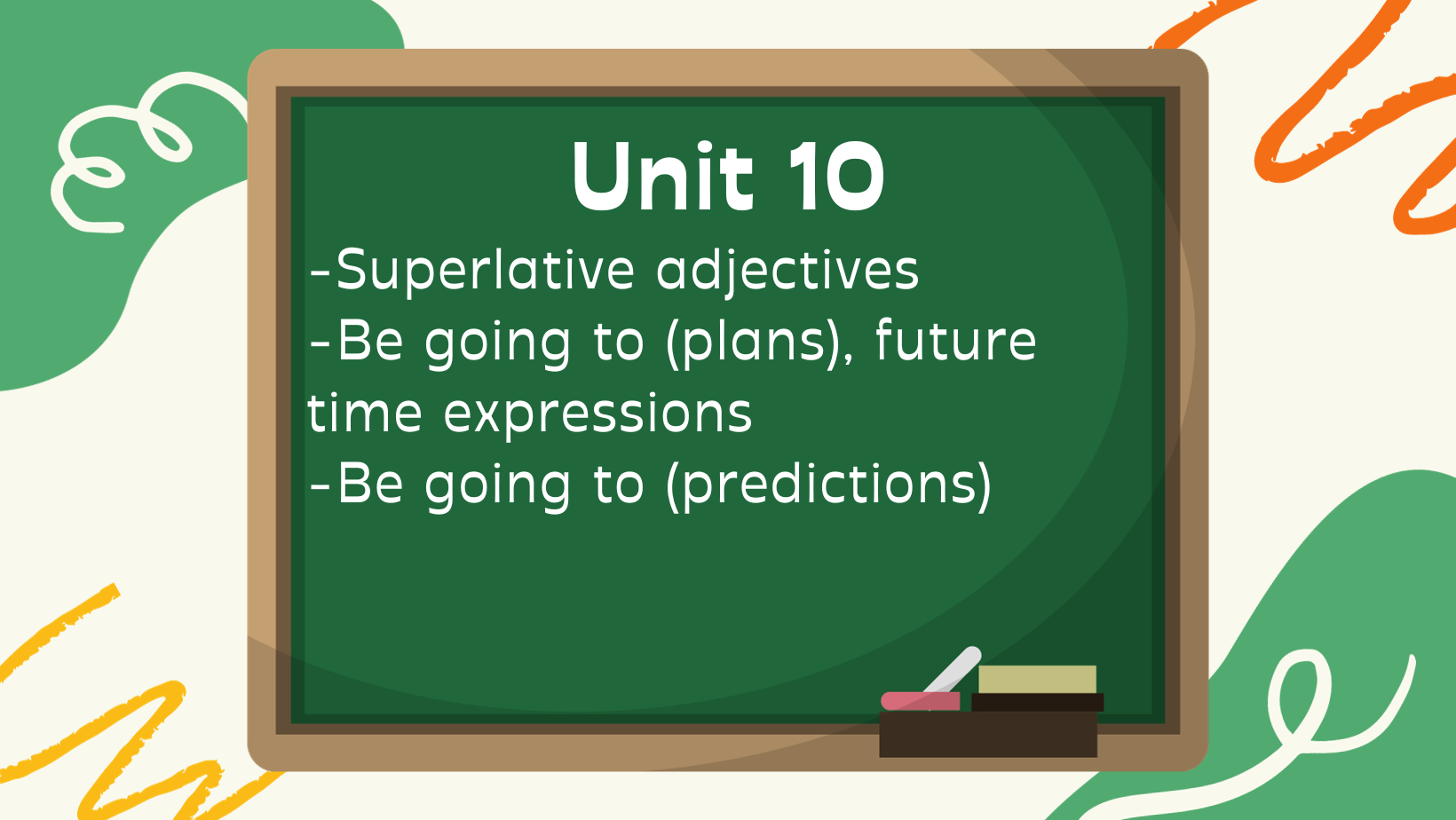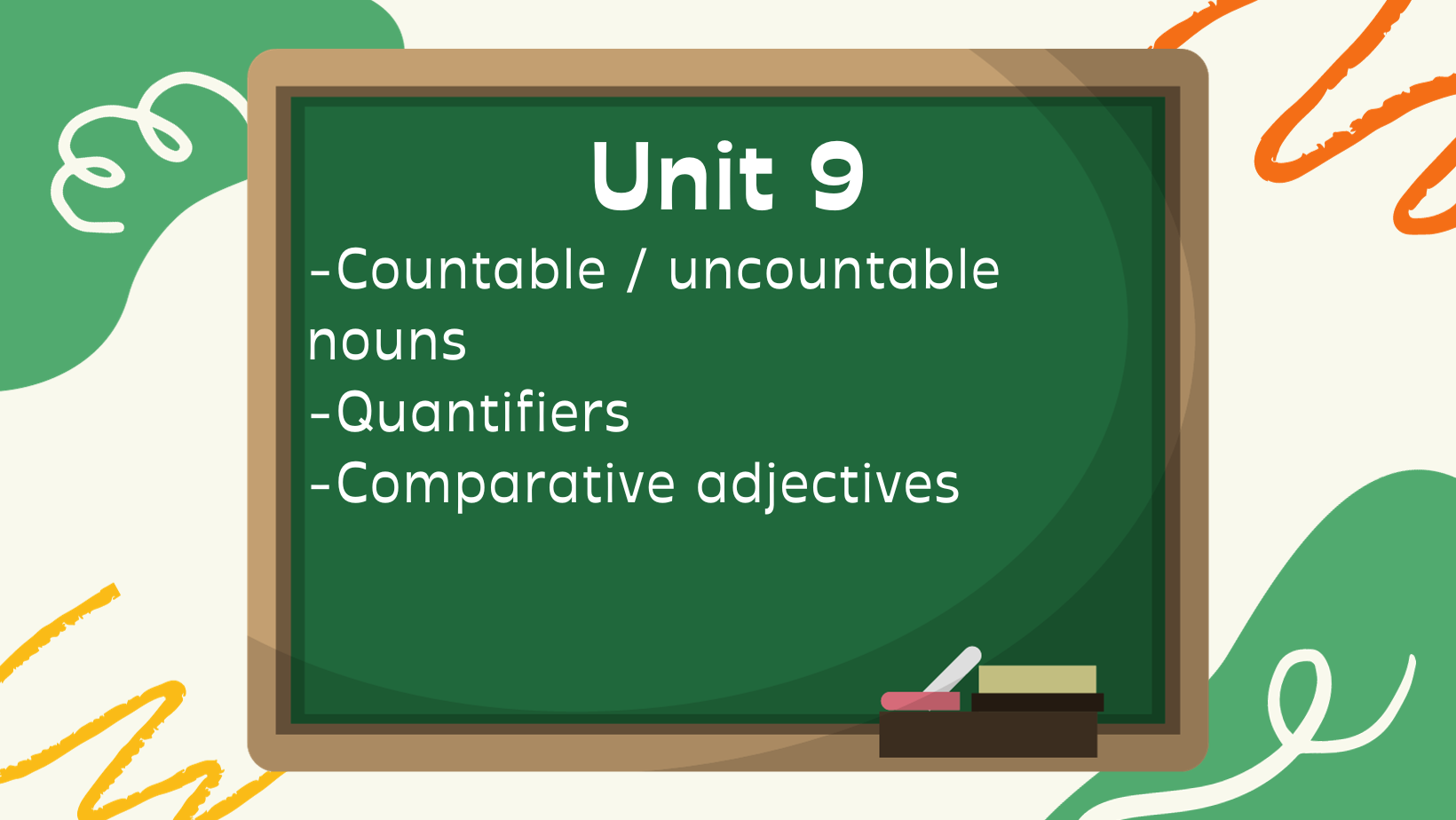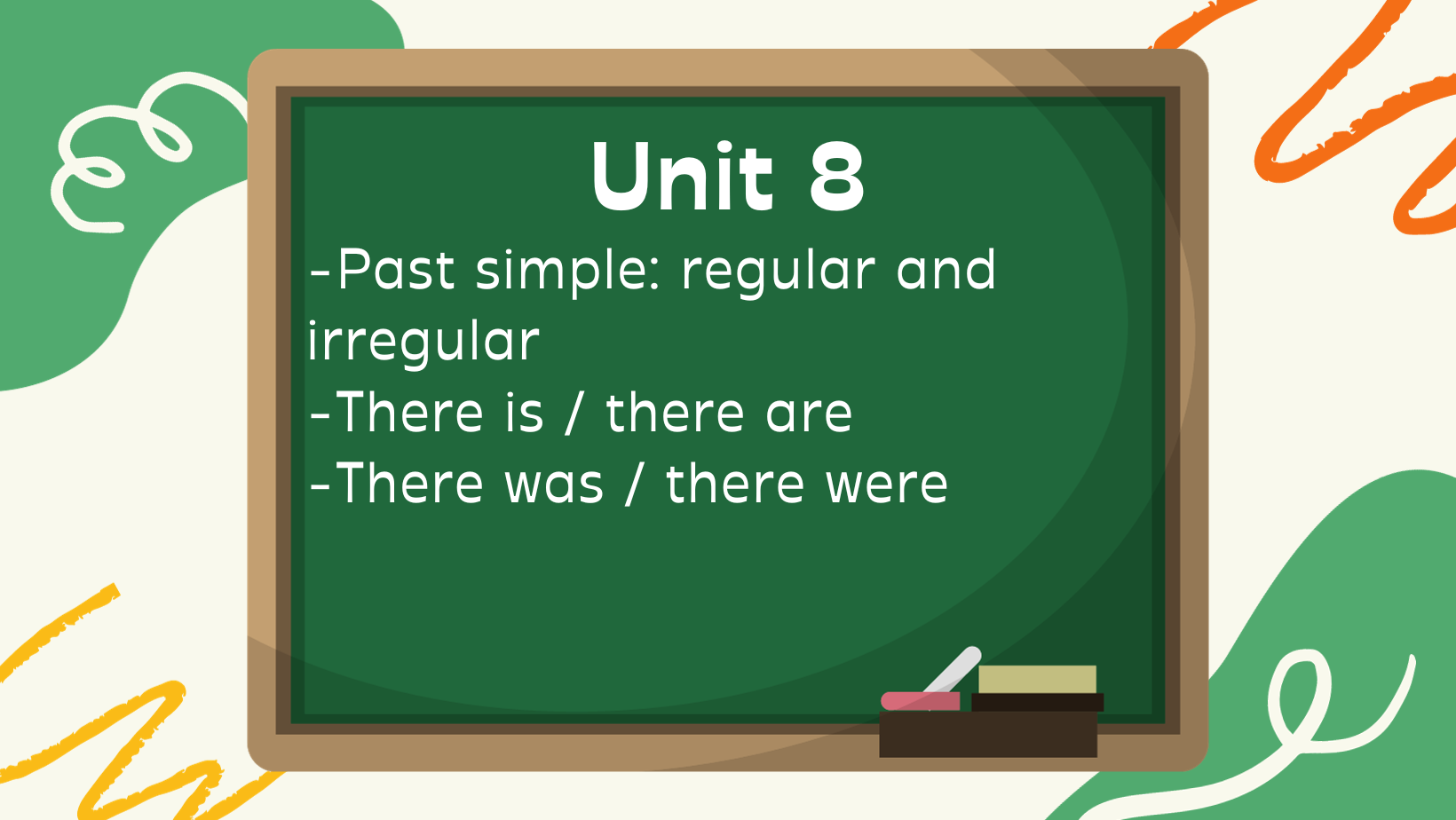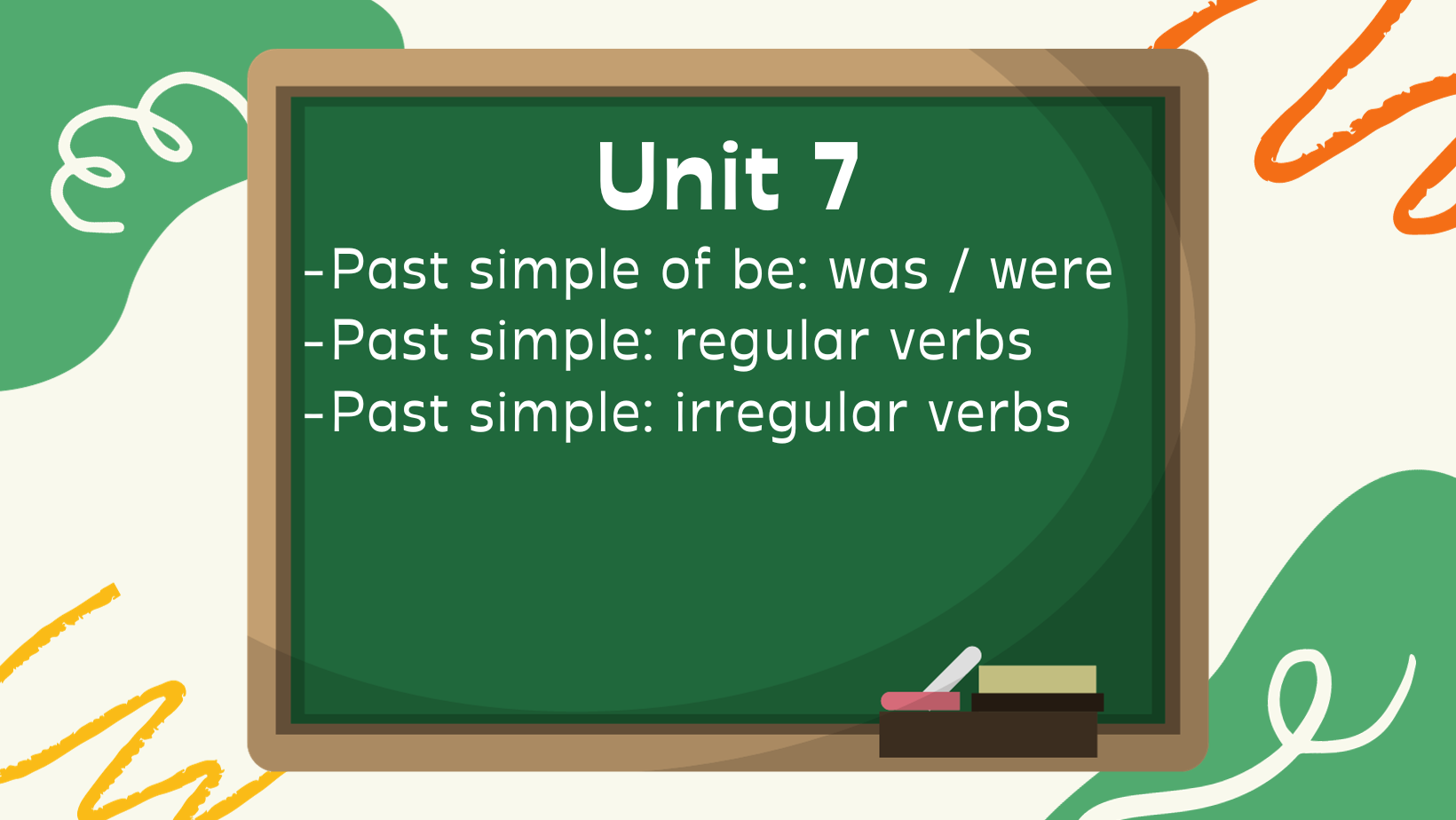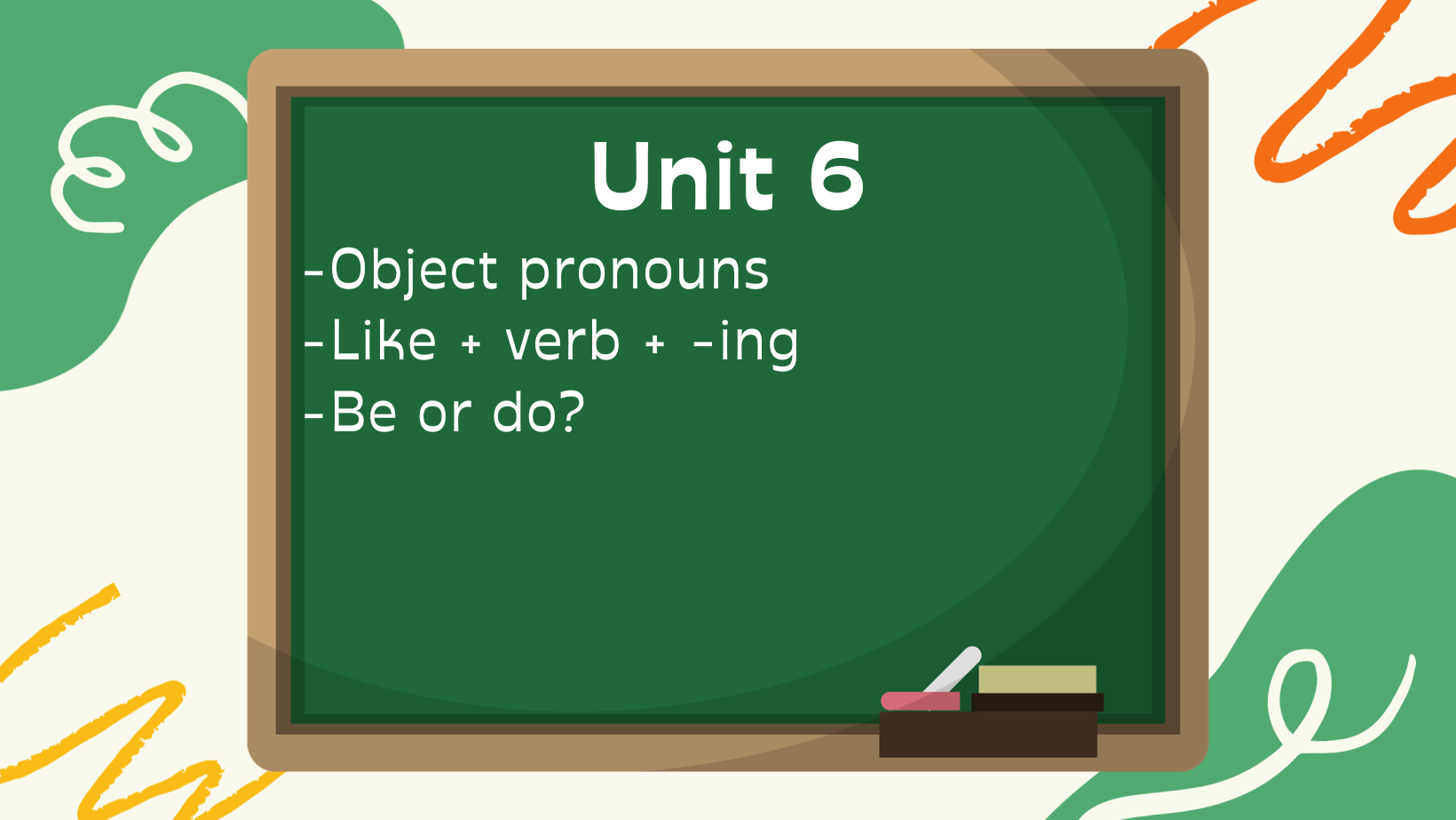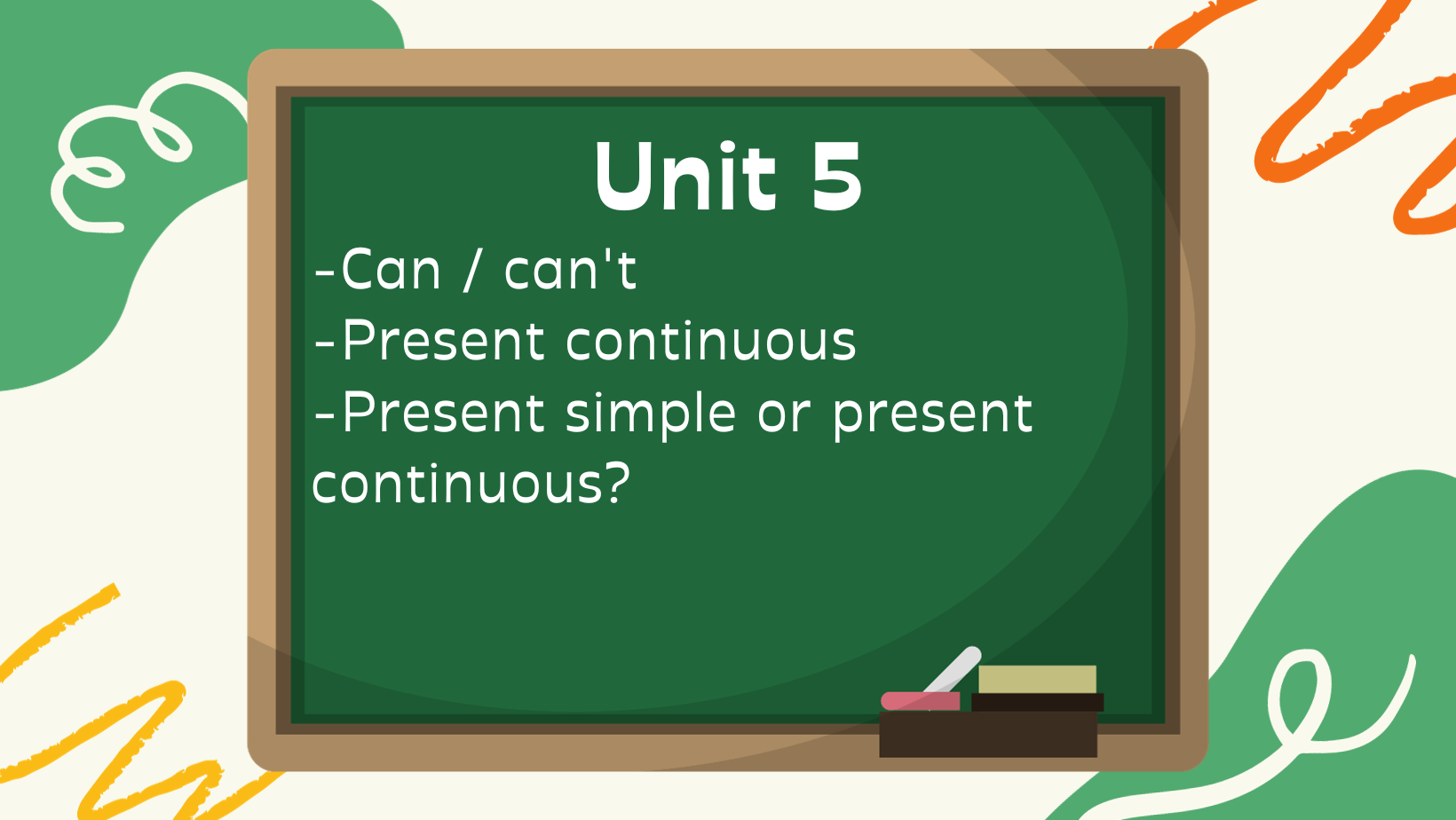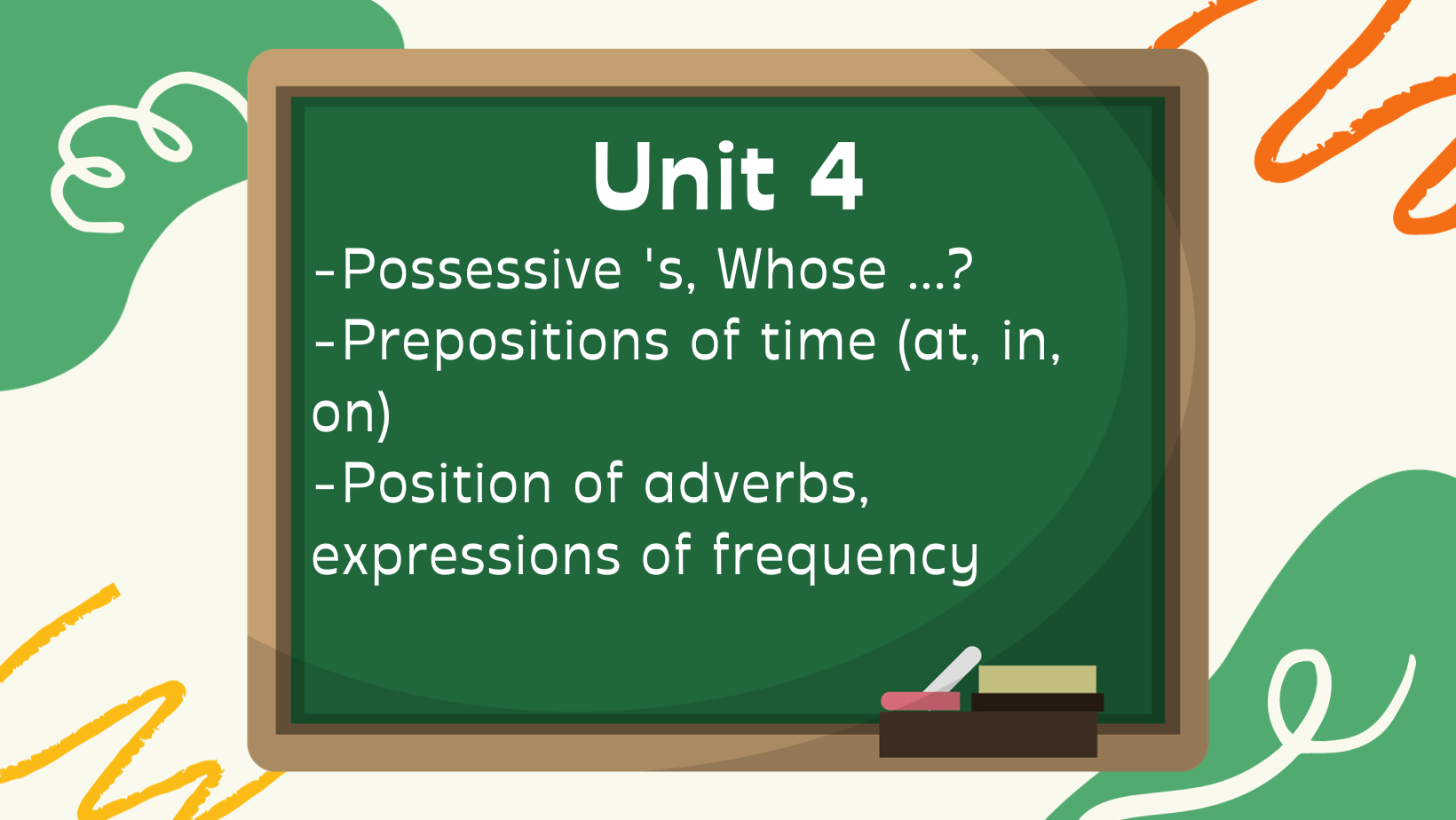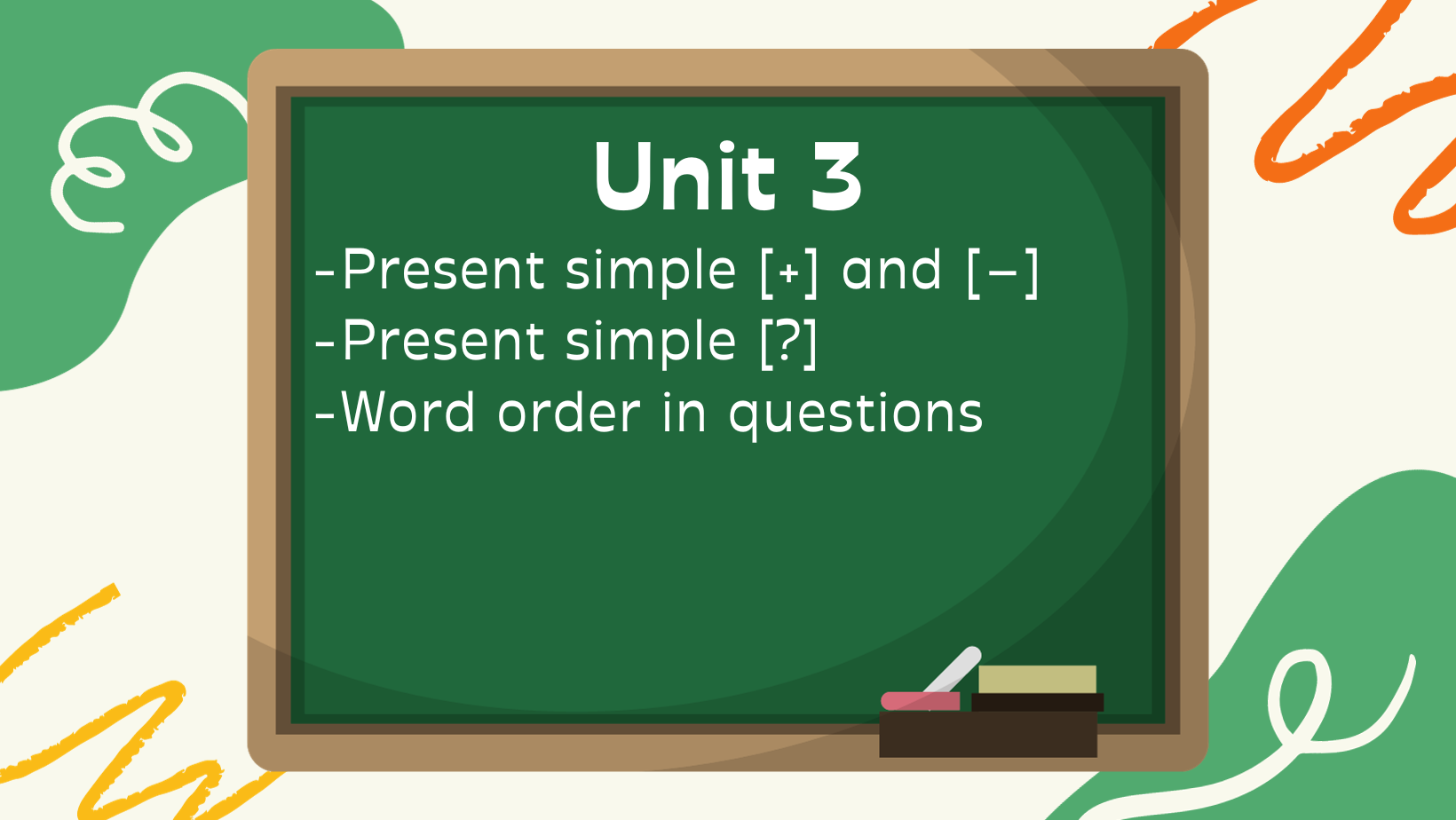Unit 2
Past simple: regular and irregular verbs
EXAMPLES
Regular
[+] We stayed at a hotel last summer.
[–] He didn't stay with friends.
[?] Did you stay for the weekend?
[✓] / [✗] Yes, I did. / No I didn't.
Wh [?] Where did you stay?
Irregular
[+] I went to Turkey twice last year.
[–] She didn't go to France.
[?] Did you go to Madrid?
[✓] / [✗] Yes, I did. / No I didn't.
Wh [?] Why did you go?
FORM
- We use the past simple to talk about finished actions that happened once or more than once in the past.
- The form for the past simple is the same for all persons.
- To make the past simple [+] of regular verbs add -ed. See the spelling rules in the chart.
- Many verbs are irregular in past simple [+], e.g. go → went, see → saw.
- We use didn't + infinitive for negatives and Did... + subject + infinitive for questions.
- Use ASI and QuASI to remember word order in questions.
SPELLING RULES
work → worked, stay → stayed add -ed
like → liked add -d if verb finishes in e
study → studied y → ied after a consonant
stop → stopped if verb finishes in consonant-vowel-consonant, double the final consonant
Past continuous: was / were + verb + -ing
EXAMPLES
At 8.45 last Saturday I was walking in the park.
The birds were singing.
It wasn't raining.
Was it raining when you got up? No, it wasn't.
What were you doing at 11 o'clock last night? I was watching TV.
FORM
[+]
I / He / She / It was working.
You / We / They were working.
[–]
I / He / She / It wasn’t working.
You / We / They weren’t working.
[?] [✓] / [✗]
Was he working? Yes, he was. / No, he wasn’t.
Were they working? Yes, they were. / No, they weren’t.
- We use the past continuous to describe an action in progress at a specific time in the past.
- We often use the past continuous to describe the situation at the beginning of a story, e.g. In 1972 I was living in London.
Time sequencers
EXAMPLES
On their first date they went to a restaurant. After that they started meeting every day.
On Thursday I had an argument with my boss. The next day I decided to look for a new job.
We sat down to eat. Two minutes later my phone rang.
When I came out of the club, he was waiting for me.
The accident happened when I was crossing the road.
FORM
- We use time sequencers to say when or in what order things happen.
- We use when as a time sequencer and also to join two actions. I was watching TV when the phone rang. (two verbs joined by when)
Connectors: because, so, but, although
because and so
EXAMPLES
She was driving fast because she was in a hurry.
She was in a hurry, so she was driving fast.
FORM
- We use because to express a reason.
- We use so to express a result.
but and although
EXAMPLES
She tried to stop the car, but she hit the man.
Although she tried to stop the car, she hit the man.
She was very tired, but she couldn't sleep.
She couldn't sleep, although she was very tired.
FORM
- We use but and although to show a contrast.
- Although can go at the beginning or in the middle of a sentence.
Lessons
